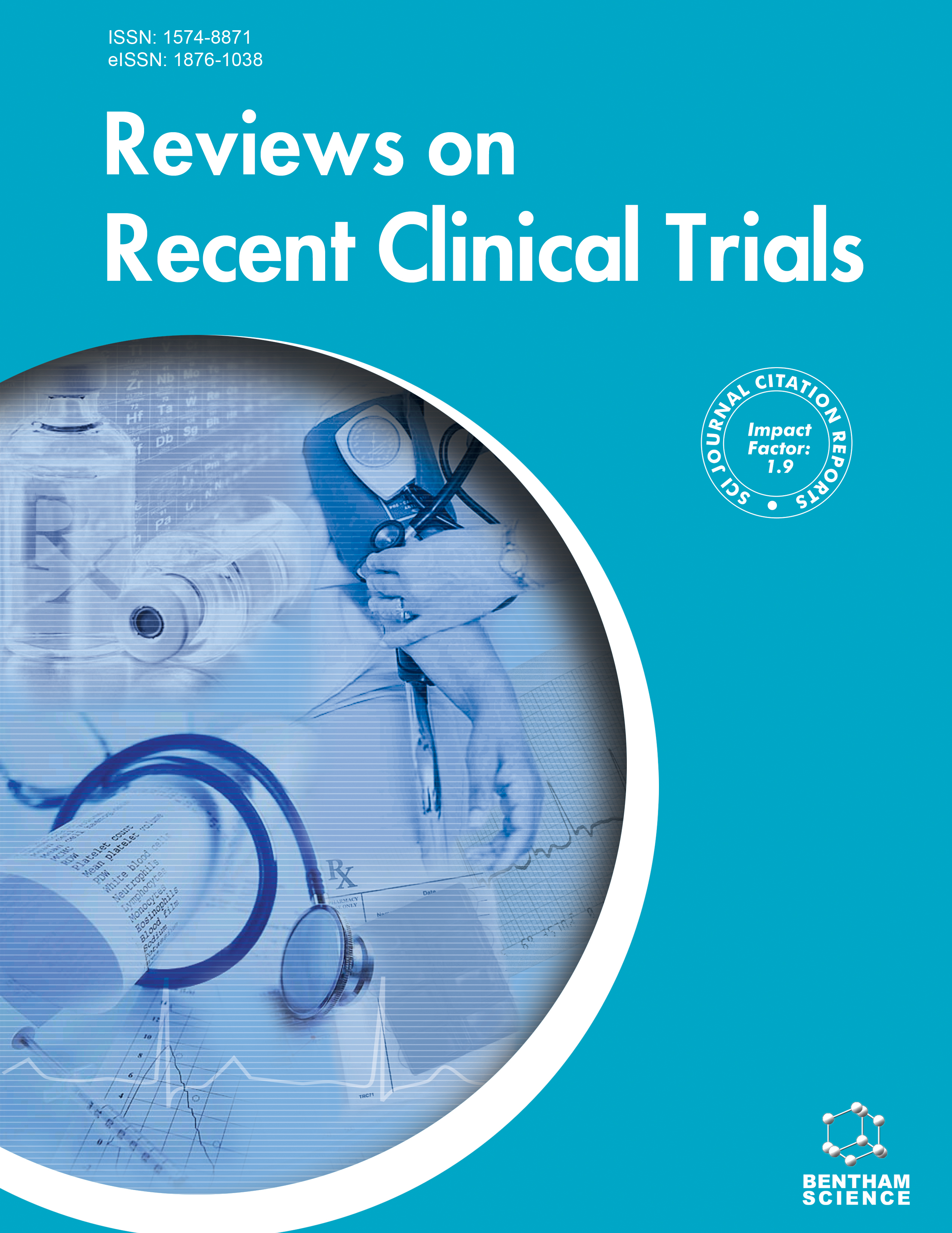
Full text loading...

The pharmaceutical industry has undergone significant regulatory evolution, particularly in India, with the replacement of Schedule Y by the New Drugs and Clinical Trial (NDCT) Rules. These changes reflect India’s commitment to ensuring the efficacy, safety, and quality of drugs while aligning with global standards.
To conduct the literature search for the review, we employed the Preferred Reporting Items for Systematic Reviews and Meta-Analyses (PRISMA) approach from 2013 to 2024 for selecting titles and abstracts. The following keywords were used: Clinical Trial Regulations, CDSCO, FDA, and EMA. Further, the databases, such as Medline, PubMed, Embase, and Scopus, were explored for the searches.
The clinical trial framework of India, overseen by the Central Drugs Standard Control Organization (CDSCO), emphasizes expedited approval pathways, ethical oversight by Institutional Ethics Committees (IECs), and cost-effectiveness. Its large and diverse patient pool, along with adherence to Good Clinical Practice (GCP) standards, makes it attractive for multinational trials. Regulatory reforms, such as mandatory trial registration and digital initiatives, further enhance transparency and efficiency.
While India shares common ground with the USA and Europe on many regulatory aspects, it stands out for its efficient processes and accessibility, positioning itself as a key hub for global clinical research. Comparisons reveal India’s focus on improving efficiency through digitalization and continuous reforms, underscoring its role in advancing clinical trial practices worldwide.
The regulatory evolution of India demonstrates a strong commitment to medical innovation, patient safety, and ethical standards, positioning it as a competitive player in global clinical research. Ongoing collaboration among industry, academia, and regulatory bodies is crucial for addressing emerging challenges and promoting a harmonized, patient-centric approach to clinical trials.